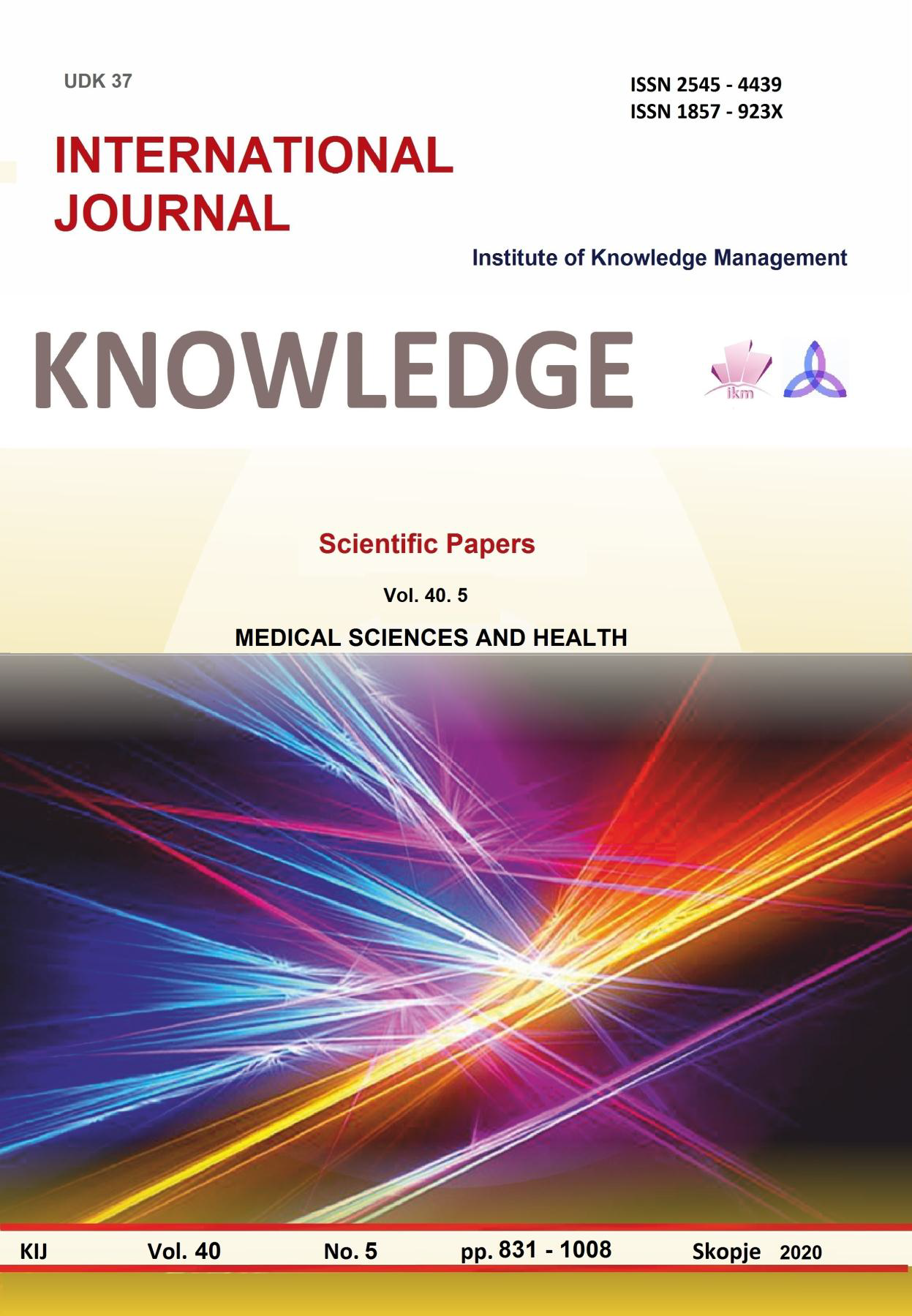NURSES'APPROACH TO MOTHERS' INTENSIVE CARE UNITS TO REDUCE ANXIETY AND DEPRESSION
NURSES'APPROACH TO MOTHERS' INTENSIVE CARE UNITS TO REDUCE ANXIETY AND DEPRESSION
Author(s): Svetla IvanovaSubject(s): Social Sciences
Published by: Scientific Institute of Management and Knowledge
Keywords: nurse; intensive care unit; mothers; anxiety; depression
Summary/Abstract: Hospitalization in intensive care units has consequences for both children as a caregiver and parents, influenced by stress and emotional anxiety. Since the 1990s, the term "partnership with parents" has been widespread in literature and has been perceived as a philosophy of care in some pediatric units and universities. The purpose of this article is to show that the right medical approach and the awareness of parents could increase the quality of care provided and reduce anxiety. A descriptive method was used. The factors that cause psycho-emotional distress in parents depend on the medical team and the care provided. The illness of the child has a serious impact on the life of the family. A caring and deeply troubled parent tends to misunderstand and misinterpret their child's condition. Levels of maternal anxiety, changes in family life, and hospitalization of a child may be influenced by factors other than the underlying disease. According to a number of studies, increased awareness and acceptance of the mother in the intensive care unit as part of the therapeutic approach leads to significant results - increased quality of care, satisfaction with parents, and reduced anxiety and depression during hospitalization. This family-oriented approach has long been introduced in healthcare. Assessing the knowledge and experience of their child's parents by working in partnership with the medical team is a core feature of family-centered care. In conclusion, this approach can also be a valuable asset for monitoring the child's clinical condition and ? basis for a shorter recovery period. Nursing is aimed at educating parents about specific care in a hospital setting, as well as encouraging parents to continue their family role in order to be effective in caring for their children. This approach emphasizes the need for patient- and family-centered care and the constant and open exchange of information between healthcare professionals and parents. There is a significant difference in the way parents of intensively hospitalized children express their concerns, and the lack of a unified approach by the medical team leads to inconsistencies and ineffective assistance to parents during hospitalization. The treatment process in intensive care units should be directed not only to the therapeutic approach to the child, but also to the problems of other family members. In addition to the technical aspects of care, emotional support is also needed. The recommendation emphasizes the need to train medical staff to improve communication and consistency in communicating with parents, respect for the right to informed refusal, spiritual support and empathy in the event of complications or death is also required.
Journal: Knowledge - International Journal
- Issue Year: 40/2020
- Issue No: 5
- Page Range: 893 - 896
- Page Count: 4
- Language: English

